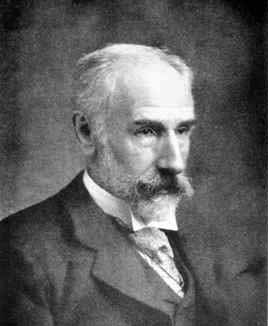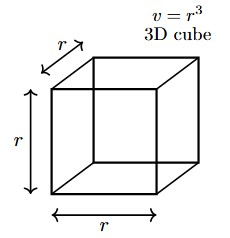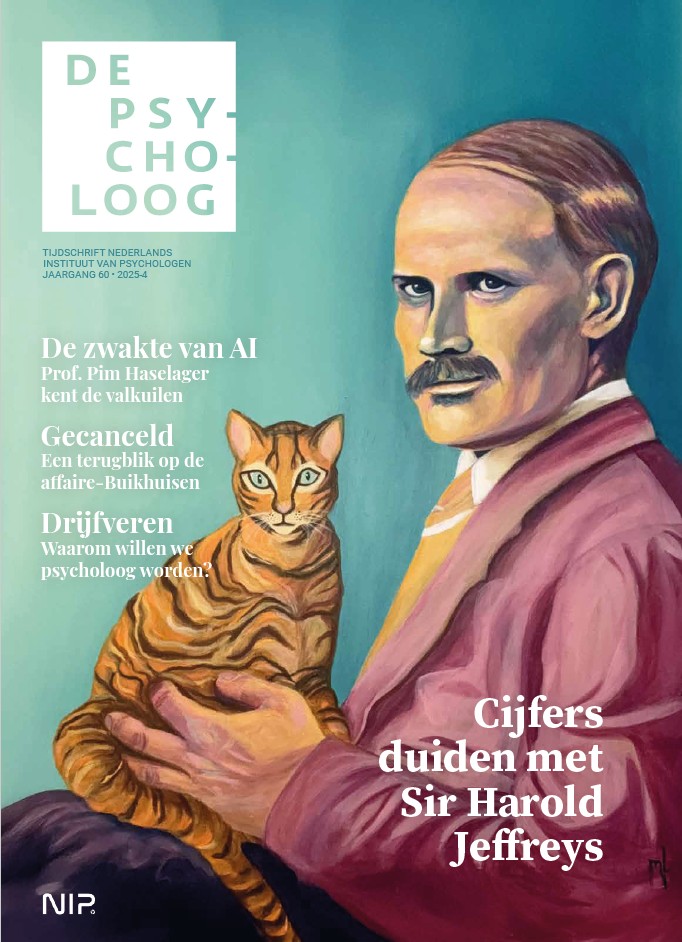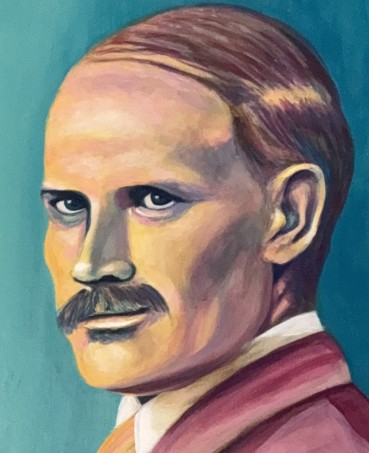Redefine Statistical Significance Part XXI: Edgeworth Proposed the .005 Criterion Back in 1885

The statistical significance test was not invented by Ronald Fisher. The key idea was already laid out by Francis Ysidro Edgeworth (1845-1926), whose 1885 article “Methods of statistics” is quite explicit about the purpose, design, and interpretation of the significance test. As summarized by Kennedy-Shaffer: In 1885, Francis Ysidro Edgeworth provided a more formal mathematical underpinning for the significance test…
read more





